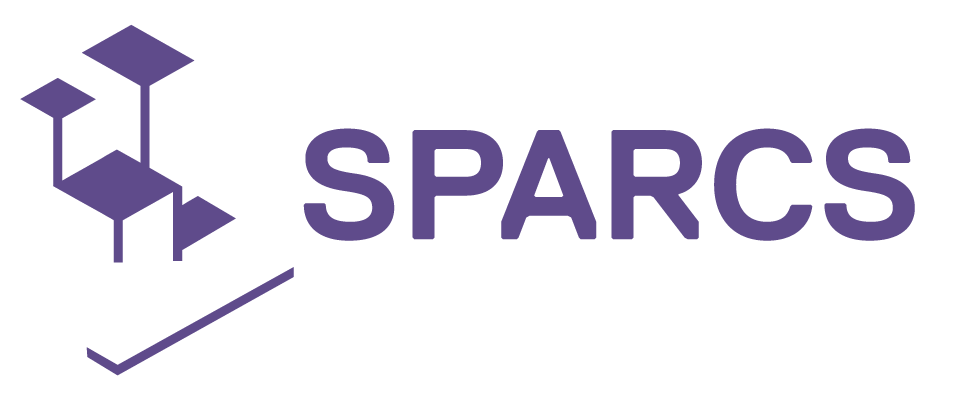

Objective: A Delphi Survey is a systematic multistage process in which experts are enquired about their opinions as well as about potential developments on specific topics.
"Delphi Surveys are used to gather collective forecasts through questionnaires about likely or possible developments in particular areas. Delphi Surveys can be carried out face to face, online or by post. In online versions, participants are given their own login and password to access the site. This is useful when the expert participants are very busy people.
The technique aims to derive the benefit of the opinions of a group of experts while avoiding the disadvantages of group-think and group dynamics where certain individuals dominate the discussion. It is believed that during this process the range of the answers will decrease and the group will converge towards the "correct" answer.
The process takes place in a number of stages:
Regarding the participants, "people are chosen to participate in a Delphi Survey because of their expertise or specific knowledge of the topic area. This expertise does not have to be academic and could instead be the knowledge of an experienced service user. It is important that the participants reflect a wide range of views and perspectives so that there will be a meaningful exchange of ideas" (involve.org.uk).
According to Iqbal and Pipon-Young (2009), "researchers must also decide how to conceptualise and define ‘expertise’. The method may be undermined if panellists are recruited who lack specialist knowledge, qualifications and proven track records in the field (Keeney et al., 2001), although of course expertise comes in many guises and may include those who are ‘experts by experience’ (Hardy et al., 2004). In general, a varied panel is considered best in producing a credible questionnaire, and individuals who might provide a minority or differing perspective should be actively recruited to the panel (Linstone & Turoff, 2002). With regard to the recruitment process itself, panellists are often recruited via letter or e-mail. Recruitment can be broadened through ‘snowballing’ (asking panellists to pass on invitations to other relevant individuals)."
| Participation level | Target groups | Number of participants | Duration/Timeline | Implementation | Frequency | Budget |
|---|---|---|---|---|---|---|
| Consultation | Experts / Research Groups | Up to 100 | Longer than a week | Adaptable | Any | Low |